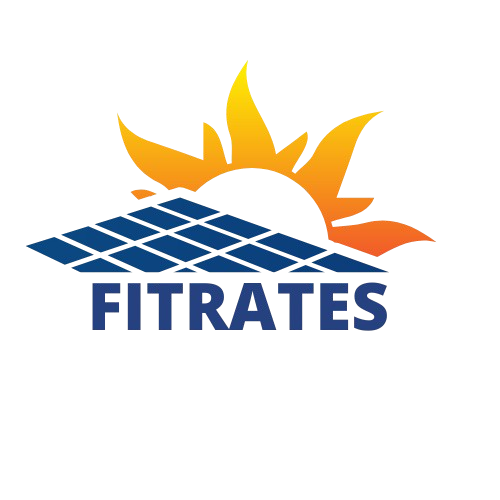
What is a Feed-in Tariff (FiT)?
Understand how solar energy generation can earn you money through Feed-in Tariffs
Key Point: FiTs allow you to sell excess solar energy back to the grid, reducing your electricity bills and providing a return on your solar investment.
What is a Feed-in Tariff?
A Feed-in Tariff (FiT) is a payment you receive from your electricity retailer for excess electricity your solar panels generate and feed back into the grid. When your solar system produces more electricity than your household consumes, the surplus energy is exported to the electricity grid, and your retailer pays you a set rate for each kilowatt-hour (kWh) exported.
How Does It Work?
Feed-in Tariffs work through a simple process:
- Your solar panels generate electricity from sunlight
- Your home uses the electricity it needs first
- Any excess electricity is automatically exported to the grid
- Your electricity retailer measures this exported energy
- You receive a credit on your electricity bill for the exported energy
The rate you receive per kilowatt-hour (kWh) is determined by your electricity retailer and the state or territory you live in. This rate is typically lower than what you pay for electricity from the grid.
Types of Feed-in Tariffs
There are generally two types of Feed-in Tariffs available in Australia:
- Gross FiT: All electricity generated by your solar system is exported to the grid, and you receive the FiT payment for the total amount. You then buy back all the electricity you need from the grid. This type is less common today.
- Net FiT: You use the electricity your solar system generates first, and only the excess electricity is exported to the grid. You receive the FiT payment only for this excess amount. This is the most common type of FiT arrangement in Australia today.
Factors Affecting FiT Rates
Feed-in Tariff rates vary significantly based on several factors:
- State/Territory: Each state and territory has different regulations and market conditions that affect FiT rates.
- Electricity Retailer: Different retailers offer different rates as part of their market plans.
- Time of Export: Some retailers offer time-varying FiTs where rates are higher during peak demand periods.
- System Size: Larger solar systems may receive different rates than smaller systems.
- Market Conditions: Wholesale electricity prices and demand can influence FiT rates.
Benefits of Feed-in Tariffs
Feed-in Tariffs offer several advantages for solar panel owners and the broader community.
Financial Returns
FiTs provide a financial return on your solar investment by allowing you to earn money from excess energy. This helps offset the initial cost of your solar system and can provide ongoing income for years.
Reduced Electricity Bills
The combination of using your own solar energy and receiving credits for excess exports can significantly reduce your electricity bills. Many households with solar panels see substantial savings on their quarterly bills.
Environmental Benefits
By generating clean, renewable energy and feeding it into the grid, you're helping to reduce reliance on fossil fuels and decrease greenhouse gas emissions. This contributes to a more sustainable energy future.
Grid Support
Excess solar energy fed into the grid helps support local electricity infrastructure, especially during peak demand periods. This can reduce the need for expensive grid upgrades and improve overall energy reliability.
Maximize Your Solar Investment
Use our tools and guides to find the best Feed-in Tariff rates in your area and calculate your potential savings.